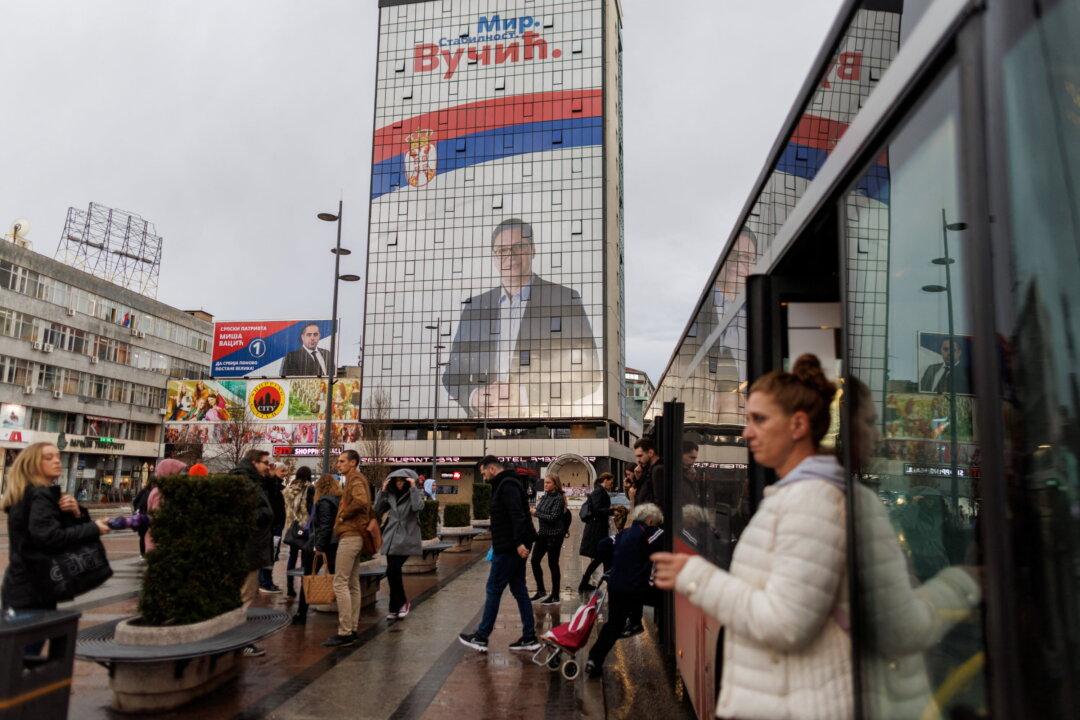The United States and the European Union have called on Belgrade to address their concerns over alleged “irregularities” in parliamentary polls won by the ruling Serbian Progressive Party (SNS).
“We conclude with concern that the electoral process [in Serbia] requires tangible improvement and further reform,” EU commissioners Josep Borrell and Oliver Varhelyi said on Dec. 19.





